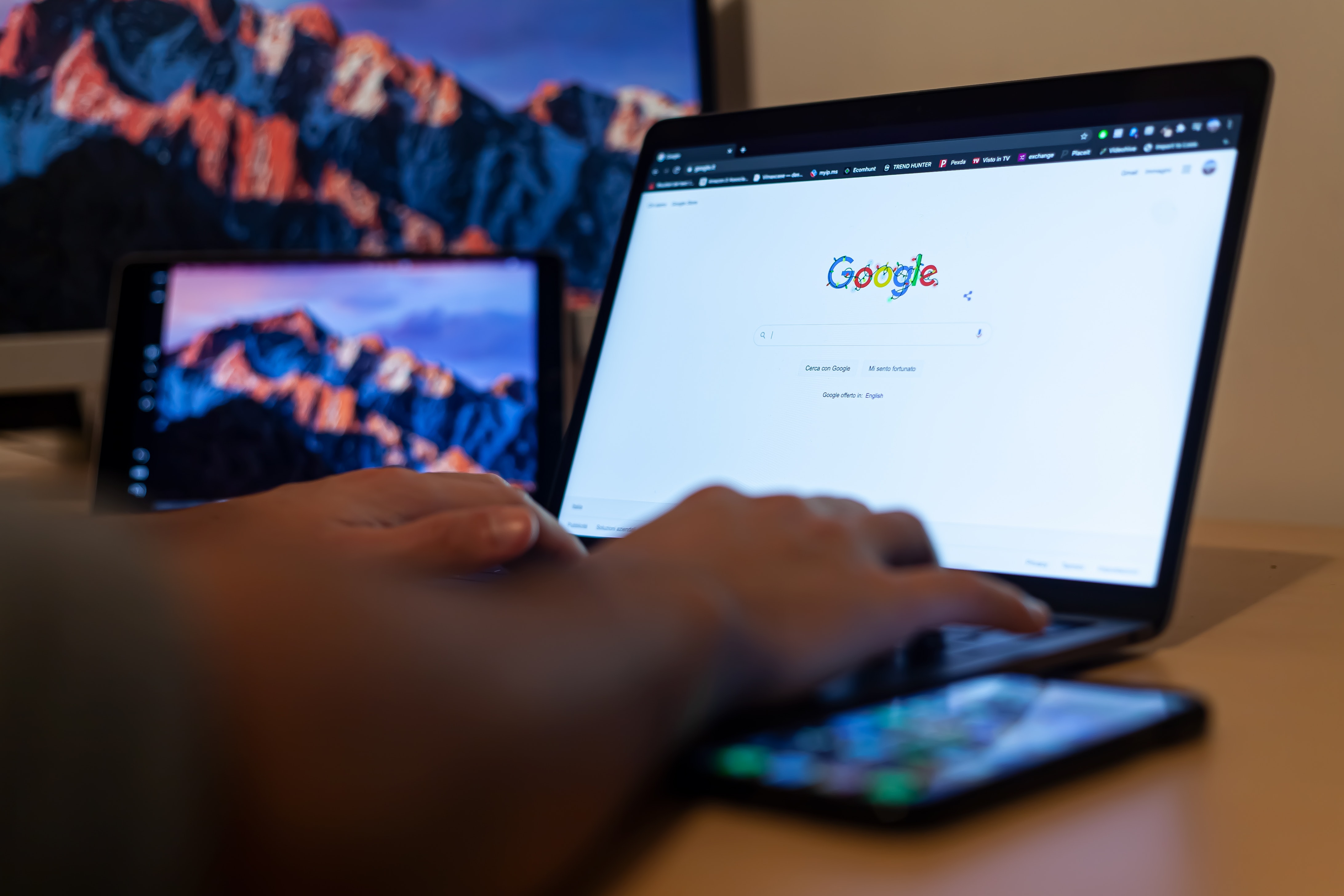Google released a revision to their privacy policy on July 1, 2023. The global tech company disclosed its plans to use publicly accessible data collected through web scraping for training its artificial intelligence (AI) models.
In its newly updated privacy statement, Google makes it clear that it will utilise the data it collects to enhance its current services and create new features, technologies, and products that will eventually benefit users and the general public.
Privacy laws often prohibit businesses from gathering information that consumers voluntarily provide. Google, however, is now permitted to exploit any data that users voluntarily share online in public.
These data will be used to train AI models in a variety of fields, including language translation. The new policy states that Google "may collect data from publicly accessible online data sources or from other publicly accessible sources to help train Google's AI models and develop products and features like Google Translate, Bard, and Cloud AI."
Google processes user data using a variety of methods in order to enhance its AI models and services. Automated systems are used to analyse user content and give personalised features like personalised search results and ads depending on user preferences. Likewise, this data processing helps with the identification and avoidance of offensive information, such as spam, malware, and unlawful items.
As a result of Google's reliance on algorithms to spot patterns in data, services like Google Translate can help people communicate across language barriers by identifying common linguistic patterns in the text that users enter for translation. Google wants to increase the precision and efficiency of its language-related AI models through the use of these algorithms.
The updated policy from Google highlights an expansion in the range of AI products offered by the company. In the previous version, the focus was on using public data for updating and training language models, whereas the updated policy now emphasizes the utilization of all public data to update AI models.
The previous policy mentioned "language models" and only referred to Google Translate, whereas the updated policy includes Bard (Google's large language model) and Cloud AI as well. This change has attracted attention and raised concerns about privacy and data protection.
Recently, a proposed class action lawsuit against OpenAI was submitted, alleging that the company used "massive amounts of personal data from the internet," including "stolen private information," to train its GPT models without the owner's knowledge or consent. According to Search Engine Journal, as more businesses create their own generative AI solutions, we'll probably witness a lot of cases with a similar theme in the future.
Website owners who serve as digital public spaces are taking actions to either prevent or capitalize on the rise of generative AI. Reddit, for instance, has introduced fees for accessing its API, causing third-party clients to cease their operations temporarily. On the other hand, Twitter has implemented a limit on the number of tweets users can view in a day, with the aim of tackling excessive data scraping and system manipulation.
Google spokesperson Christa Muldoon clarified in an interview with The Verge that the policy change is intended to enhance transparency. She explained that the updated policy ensures that new services like Bard are covered in the practice of training AI models using publicly accessible information. Muldoon emphasized that Google incorporates privacy principles and safeguards into the development of its AI technologies, aligning with their AI Principles.
Worried About Your Privacy?
Here are some measures you can take to stop Google from using your data to train its AI systems if you're concerned about the revisions to Google's privacy policy:
Do not publish anything online unless you are okay with Google obtaining and exploiting it.
Use different services. You can choose to use services from other companies with more stringent privacy rules rather than Google's services like Search, Gmail, YouTube, Chrome, etc. You can use Brave for online surfing, ProtonMail for email, Vimeo for video sharing, and DuckDuckGo for search.
Use the privacy settings on Google. Examine your privacy settings on your Google Account. Optional features include "Web & App Activity," "Location History," and "Voice & Audio Activity."
Turn on private browsing or incognito mode while utilising Google services.
Before utilising any websites, mobile applications, or other services, review their privacy policies. Be wary of anyone that claims to share your data with Google.
Last but not least, if you have concerns about how Google could use your data to train their AI models, get in touch with them directly.
SO, WHERE DO YOU FIND THIS PARTNER?
Well, aren’t we glad you asked! We at DigiCom are obsessive data-driven marketers pulling from multi-disciplinary strategies to unlock scale. We buy media across all platforms and placements and provide creative solutions alongside content creation, and conversion rate optimizations. We pride ourselves on your successes and will stop at nothing to help you grow.




